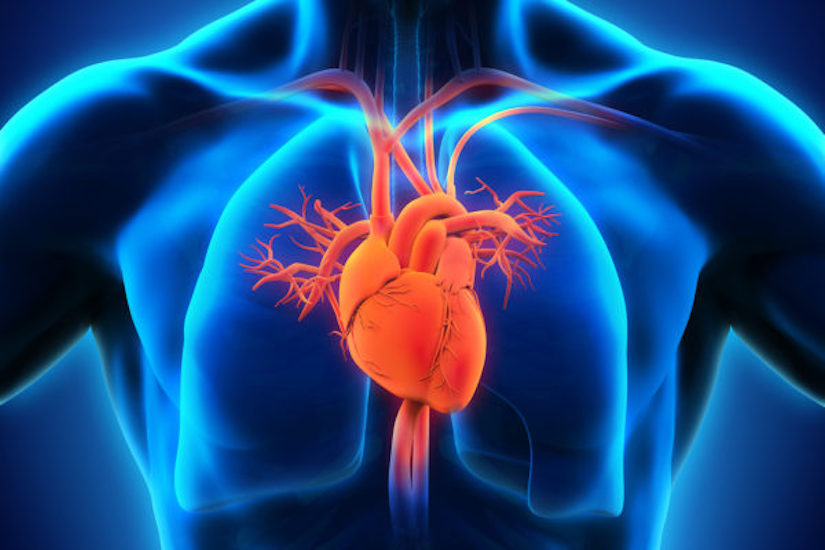An international team of researchers, including scientists at the School of Medicine, has formed a network to study the role of inflammation in heart disease, with a goal of finding new therapies to improve recovery after heart attacks.
The team will study the biological processes that drive injurious inflammation after heart attacks, with a goal of finding therapies to help people recover more completely and reduce the risk of permanent heart damage. With a $6.5 million grant from the Leducq Foundation, they have established a network called The Inflammatory-Fibrosis Axis in Ischemic Heart Failure: translating mechanisms into new diagnostics and therapeutics network (IMMUNO-FIB HF) to study the intertwined roles of inflammation and fibrosis, or scarring, in driving long-term heart damage.
